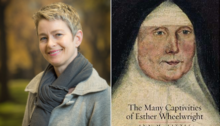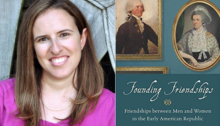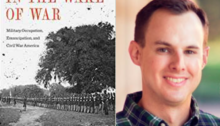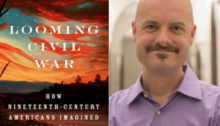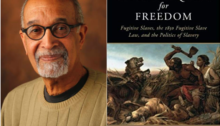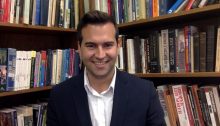Teach My Book: Ann M. Little on The Many Captivities of Esther Wheelwright
Teaching United States History is excited to present Teach My Book, a series of posts where distinguished authors reflect on their work and how instructors might integrate their insights into the classroom. In this post, Ann M. Little, Professor of History at Colorado State University, explores how to teach The Many Captivities of Esther Wheelwright…

